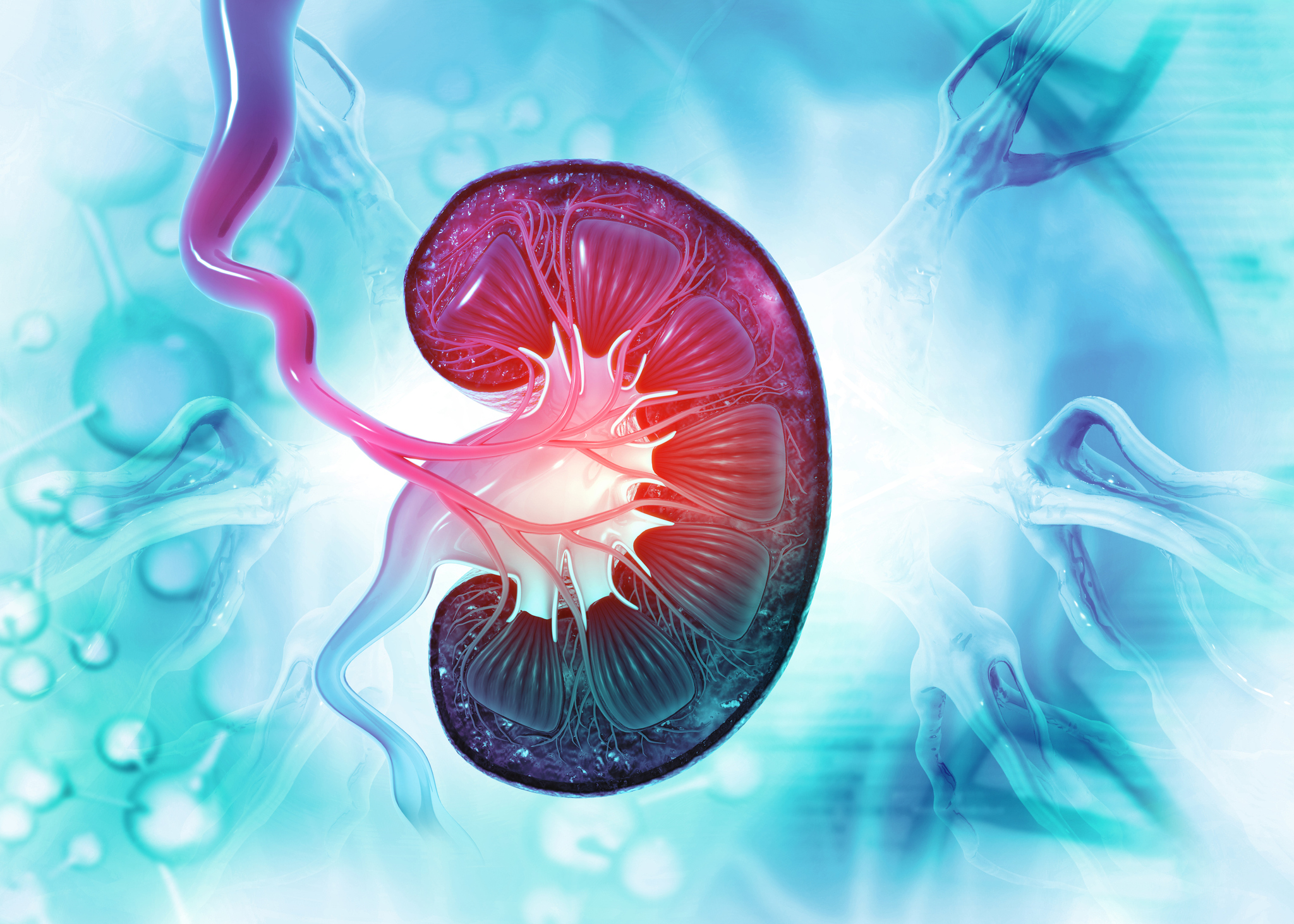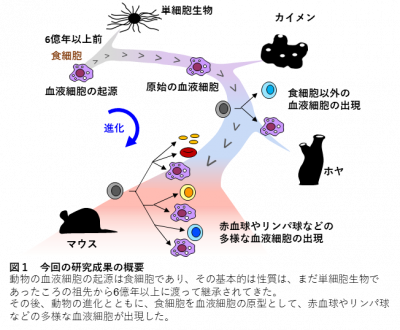腎臓が突然機能しなくなる重篤な疾患は、既存の薬で治療できる可能性があることが、新しい研究で示されました。 A serious condition that can cause the kidneys to suddenly stop working could be treated with existing medicines, a new study shows.
2022-12-15 エディンバラ大学

この研究結果は、英国における緊急入院患者の約20%を占める一般的な病気である急性腎不全の治療法改善につながるものと期待されています。
この症状は、通常、腎臓への血流を減少させる他の病気や、薬物による毒性によって引き起こされます。腎不全は、死を防ぐために迅速に治療されなければなりません。腎臓が回復しても、AKIは腎臓や心血管系に長期的なダメージを与えます。腎不全から生還した人のうち、30%は慢性腎臓病(CKD)を発症しています。腎臓の機能が完全に回復した残りの70パーセントは、CKDになるリスクが約30倍高くなります。
エジンバラ大学の研究チームは、AKI患者の血中エンドセリン濃度(炎症を活性化し、血管を収縮させるタンパク質)が上昇していることを突き止めた。エンドセリンレベルは、腎臓の機能が回復した後も高いままであった。
AKIのマウスでも同じようにエンドセリンの増加が見られたため、専門家はエンドセリン系を阻害する薬でマウスを治療しました。この薬は、通常、狭心症や高血圧の治療に使われるもので、エンドセリンの産生を止めたり、細胞内のエンドセリン受容体を遮断したりすることで効果を発揮する。
マウスは、AKI後4週間にわたって観察された。エンドセリン遮断薬を投与されたマウスは、血圧が低下し、炎症が抑えられ、腎臓の傷跡が減少した。また、未治療のマウスと比較して、血管が弛緩し、腎機能も改善された。
この研究は、Science Translational Medicine誌に掲載された。医学研究評議会と英国心臓財団から資金提供を受けています。
<関連情報>
- https://www.ed.ac.uk/news/2022/discovery-offers-likely-treatment-for-kidney-disea
- https://www.science.org/doi/10.1126/scitranslmed.abf5074
エンドセリン遮断薬によるマウス急性腎不全の長期的な心血管系および腎臓の後遺症の予防効果 Endothelin blockade prevents the long-term cardiovascular and renal sequelae of acute kidney injury in mice
Alicja Czopek,Rebecca Moorhouse,Peter J. Gallacher ,Dan Pugh,Jessica R. Ivy ,Tariq E. Farrah,Emily Godden ,Robert W. Hunter ,David J. Webb ,Pierre-Louis Tharaux ,David C. Kluth ,James W. Dear ,Matthew A. Bailey,Neeraj Dhaun
Science Translational Medicine Published:14 Dec 2022
DOI: 10.1126/scitranslmed.abf5074
Abstract
Acute kidney injury (AKI) is common and associated with increased risks of cardiovascular and chronic kidney disease. Causative molecular/physiological pathways are poorly defined. There are no therapies to improve long-term outcomes. An activated endothelin system promotes cardiovascular and kidney disease progression. We hypothesized a causal role for this in the transition of AKI to chronic disease. Plasma endothelin-1 was threefold higher; urine endothelin-1 was twofold higher; and kidney preproendothelin-1, endothelin-A, and endothelin-B receptor message up-regulated in patients with AKI. To show causality, AKI was induced in mice by prolonged ischemia with a 4-week follow-up. Ischemic injury resulted in hypertension, endothelium-dependent and endothelium-independent macrovascular and microvascular dysfunction, and an increase in circulating inflammatory Ly6Chigh monocytes. In the kidney, we observed fibrosis, microvascular rarefaction, and inflammation. Administration of endothelin-A antagonist, but not dual endothelin-A/B antagonist, normalized blood pressure, improved macrovascular and microvascular function, and prevented the transition of AKI to CKD. Endothelin-A blockade reduced circulating and renal proinflammatory Ly6Chigh monocytes and B cells, and promoted recruitment of anti-inflammatory Ly6Clow monocytes to the kidney. Blood pressure reduction alone provided no benefits; blood pressure reduction alongside blockade of the endothelin system was as effective as endothelin-A antagonism in mitigating the long-term sequelae of AKI in mice. Our studies suggest up-regulation of the endothelin system in patients with AKI and show in mice that existing drugs that block the endothelin system, particularly those coupling vascular support and anti-inflammatory action, can prevent the transition of AKI to chronic kidney and cardiovascular disease.
Suppressing sequelae of acute kidney injury
Suppressing sequelae of acute kidney injuryAcute kidney injury (AKI) can progress to chronic kidney disease (CKD), and there are no treatments that can reduce the risk of this progression. Here, Czopek and colleagues identified sustained upregulation of the endothelin system in patients suffering from AKI. In mouse models of ischemia-reperfusion injury, inhibition of the endothelin system through selective antagonism of the endothelin-A receptor early after injury and continuing for four weeks largely prevented the transition from AKI to CKD, resulting in reduced inflammation and oxidative stress, along with a protective immune response. These findings suggest that inhibition of the endothelin system early after AKI might be beneficial in preventing development of CKD in patients.–MN


